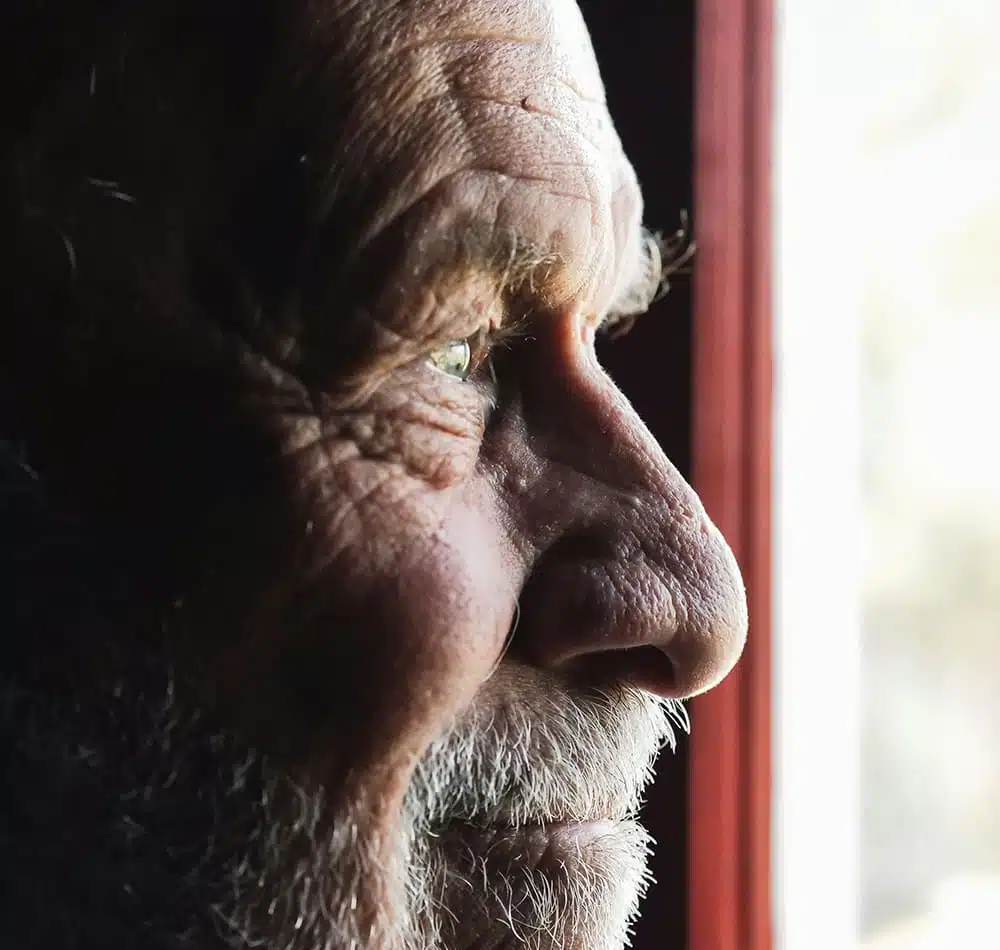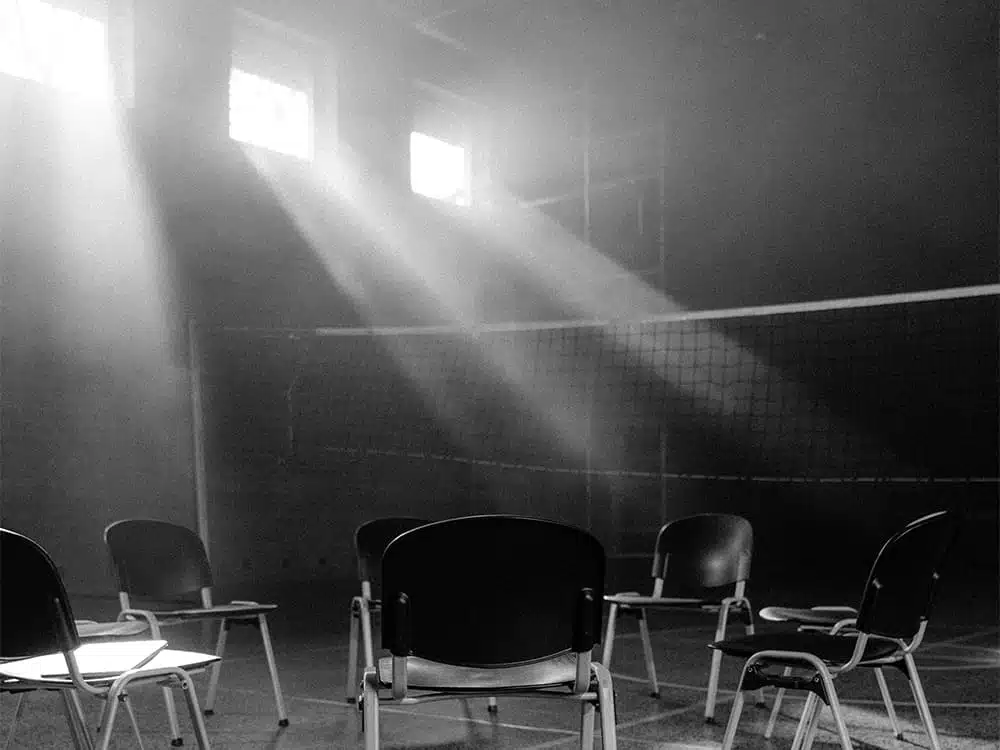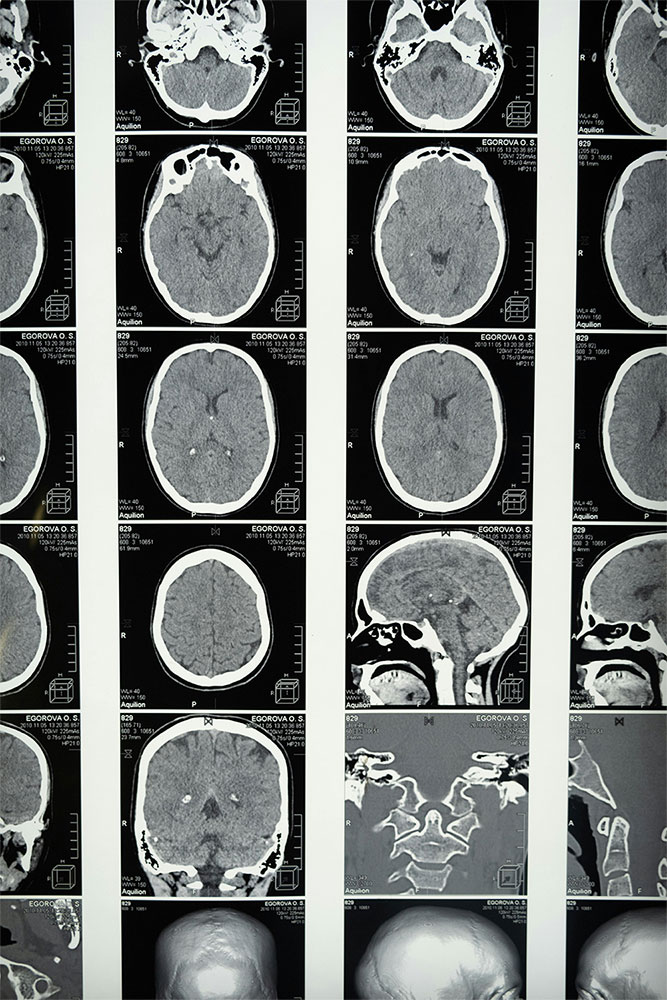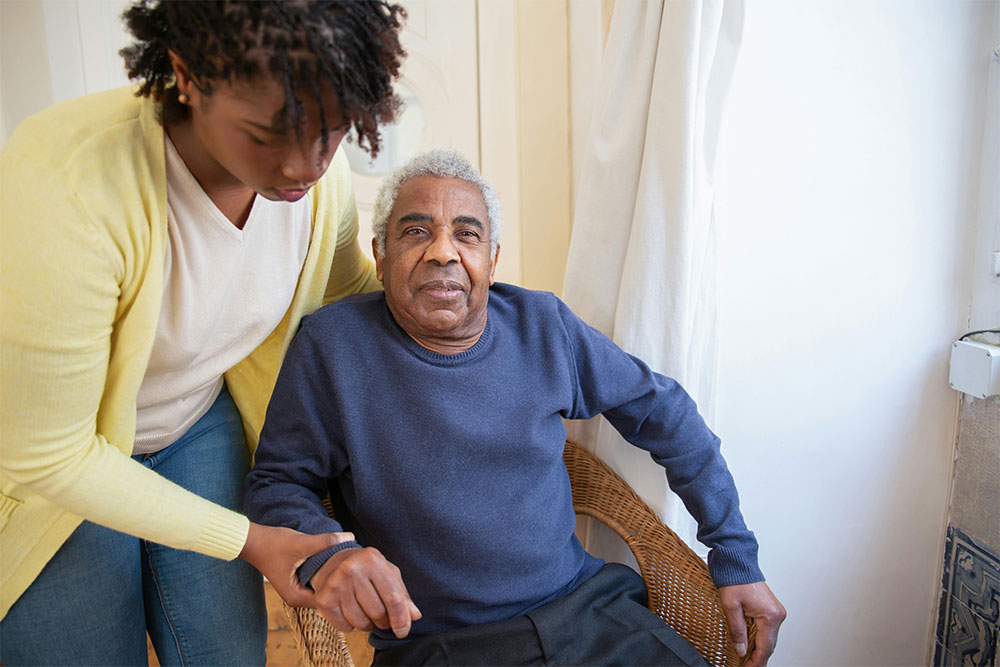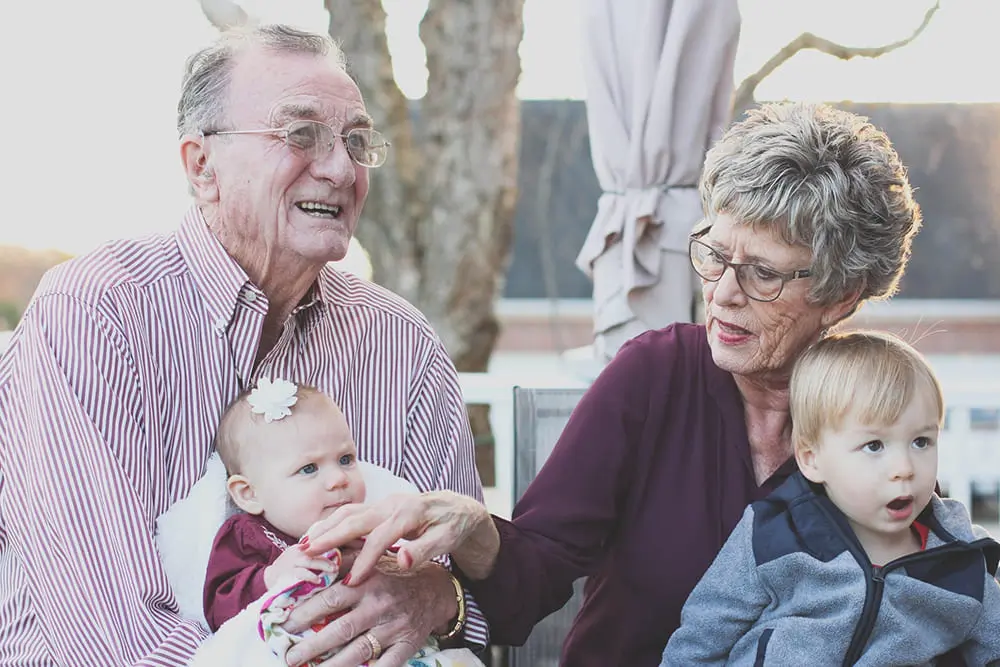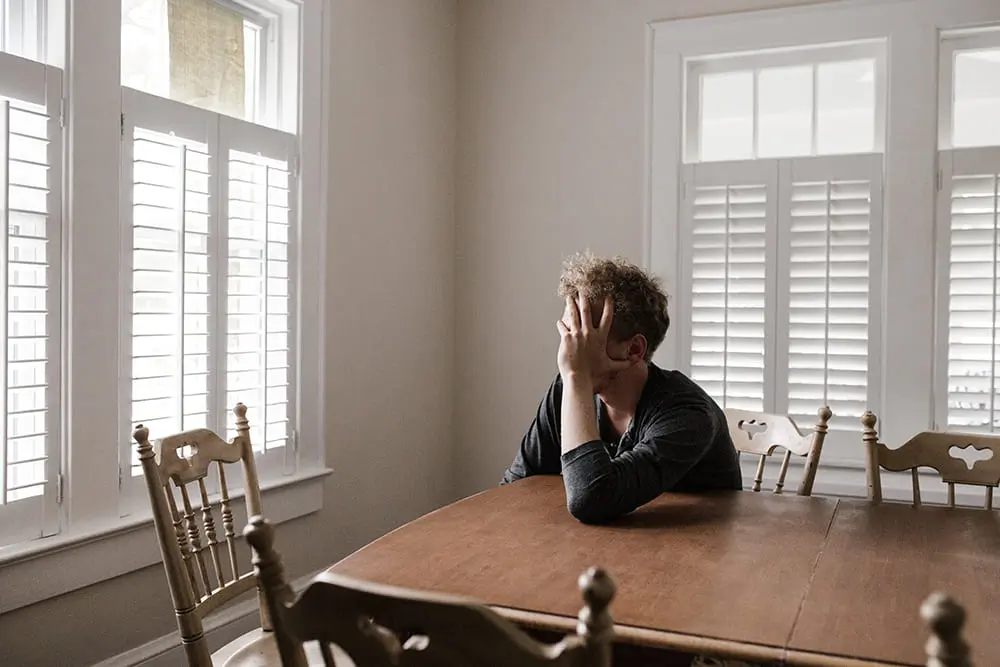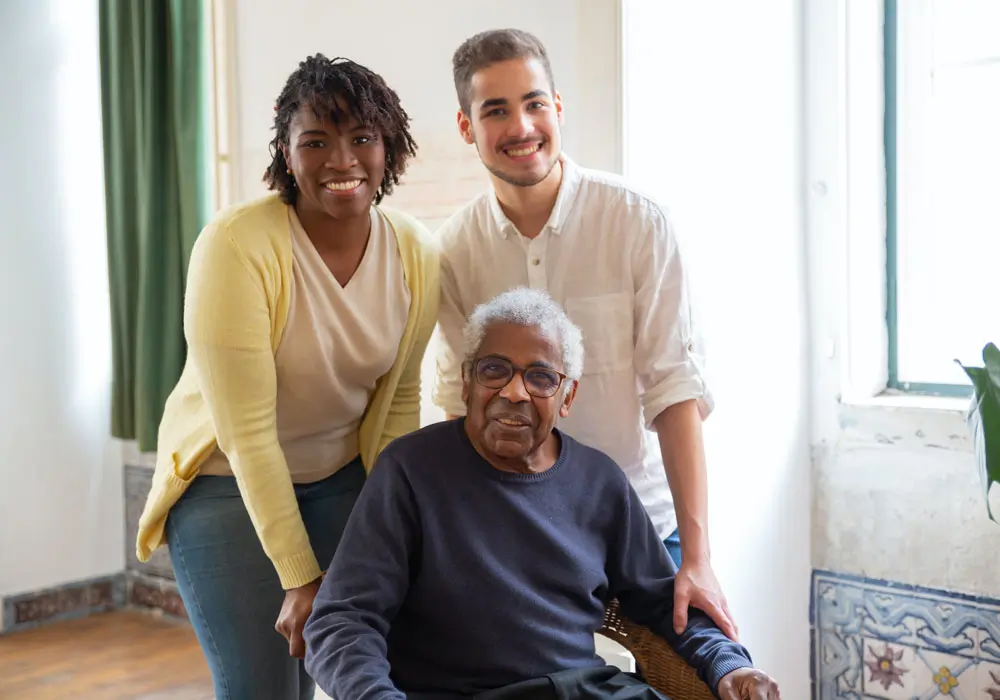When it comes to understanding the complex legal processes of how to get the guardianship of a parent with dementia, you will need to understand the legal process and consider a few things. A guardian is a person who the court appoints to make decisions on behalf of others, particularly a loved one who is incapable of doing so due to their medical condition when it comes to their health, safety, and finances. Becoming eligible for guardianship means you will need to show that the person is incapable of making sound decisions. In this article, you will learn about the legal system and the complexity of appealing to be a guardian in the best interest of a parent. You will also learn that medical decisions are pivotal when making legal decisions. Hence, you will need to understand the legal framework, gather the relevant documents, and seek appropriate legal counsel to get guardianship.

Christopher Ravn
Key Takeaways
1.Guardianship is a legal process where a court appoints an individual or entity to make decisions for an incapacitated person, known as a ward.
2. In the United States, the legal responsibility for an adult with dementia typically lies with the individual themselves, unless a court has determined that they are incapacitated and has therefore appointed a guardian.
3. In the context of elderly parents with dementia, conservatorship and guardianship serve similar purposes but focus on different aspects of care.
Table of Contents
1. How to Get Guardianship of a Parent With Dementia?
2. Who Is Legally Responsible for an Adult With Dementia?
3. How Do I Get Guardianship of My Mother With Dementia?
4. How Long Is the Guardianship of an Adult With Dementia?
5. What Is a Court-Appointed Guardian for a Parent With Dementia?
6. How to Prepare the Guardianship Petition Process?
7. How to Obtain Emergency Guardianship for Elderly Parents?
8. Frequently Asked Questions About How to Get Guardianship of a Parent With Dementia
How to Get Guardianship of a Parent With Dementia?
Guardianship is a legal process where a court appoints an individual or entity to make decisions for an incapacitated person, known as a ward. In the context of a parent with dementia, appointing guardianship to the parent’s child may be considered when the parent is no longer able to make sound decisions regarding their health, safety, or finances due to the progression of their dementia. Specific conditions and criteria for guardianship may vary generally, but to establish guardianship for a person with dementia, the person seeking guardianship (known as the “petitioner”) must demonstrate to the court that the individual lacks the capacity to make decisions for themselves due to their dementia. This often requires medical evidence, such as a physician’s evaluation, to support the claim of incapacity. Seeking legal advice is crucial when applying for guardianship of a parent with dementia. An attorney who specializes in elder law or guardianship can provide guidance on the legal process, help prepare the necessary documents, and represent the petitioner in court. Legal advice is especially important because the guardianship process can be complex and varies significantly from state to state. An attorney can ensure that the petitioner’s rights are protected and that the best interests of the parent with dementia are upheld throughout the process.
Who Is Legally Responsible for an Adult With Dementia?
In the United States, the legal responsibility for an adult with dementia typically lies with the individual themselves, unless a court has determined that they are incapacitated and has therefore appointed a guardian. This guardian is responsible for making decisions on behalf of the incapacitated person, including decisions related to their health care, living arrangements, and finances; thus, the guardian is legally responsible.
The laws regarding guardianship and the legal framework for individuals with dementia vary by state in the USA. Each state has its own statutes and procedures for determining guardianship and establishing the legal responsibilities for adults with dementia.
How Do I Get Guardianship of My Mother With Dementia?
To get guardianship of a parent with dementia, the petitioner is typically required to file a petition with the probate court in the county where their parent resides. The specific requirements and procedures for obtaining guardianship vary by state, so it is advisable for the petitioner to consult with an attorney who can guide them through the process. In general, a family member (petitioner) would be informed by submitting documentation stating the parent’s condition and that guardianship is necessary. Documentation could range from financial records to medical documentation, hospice, or any other care arrangements. Upon filing, the court reviews the document, and a lawyer is appointed to see to the parents interests. Eventually, the court will decide if guardianship is necessary. A few factors need to be considered for guardianship, such as the parent’s safety and whether they are in a sound mind to make any decisions. However, though these are necessary measures, a lot of empathy, sensitivity, and understanding how to talk to someone with short-term memory loss are crucial to the parents’ well-being.
We Believe Prioritizing Brain Health Enhances Your Quality Of Life
Get to know our team, our mission and how our EVY LIGHT® can provide you and your loved ones with a fuller life, letting you breathe a little easier.
How Long Is the Guardianship of an Adult With Dementia?
The duration of guardianship for an adult with dementia is typically indefinite, lasting until the court determines that the guardianship is no longer necessary or until the individual passes away. It is important to regularly review the need for guardianship, as the individual’s condition may change over time. Planning for the future care needs of the dementia patient is crucial, and the guardianship arrangement may need to be adapted over time to ensure the individual’s well-being. Depending on the stage of dementia, it would also affect the level of care in the guardianship plan. That is, there may be changes in the financial resources or even where they will be staying, and thus, the guardian would need the necessary arrangements to do so. This is crucial, as this is the future of a person’s life, and the loved one needs to know or anticipate future plans where necessary.
Conservatorship vs Guardianship for Elderly Parents With Dementia
In the context of elderly parents with dementia, conservatorship and guardianship serve similar purposes but focus on different aspects of care. Conservatorship typically refers to the management of a person’s financial affairs, including paying bills, managing assets, and making financial decisions. Guardianship, on the other hand, encompasses broader decision-making authority, including personal and healthcare decisions. In cases where a person with dementia is unable to manage their finances or make decisions about their care, both conservatorship and guardianship may be necessary.
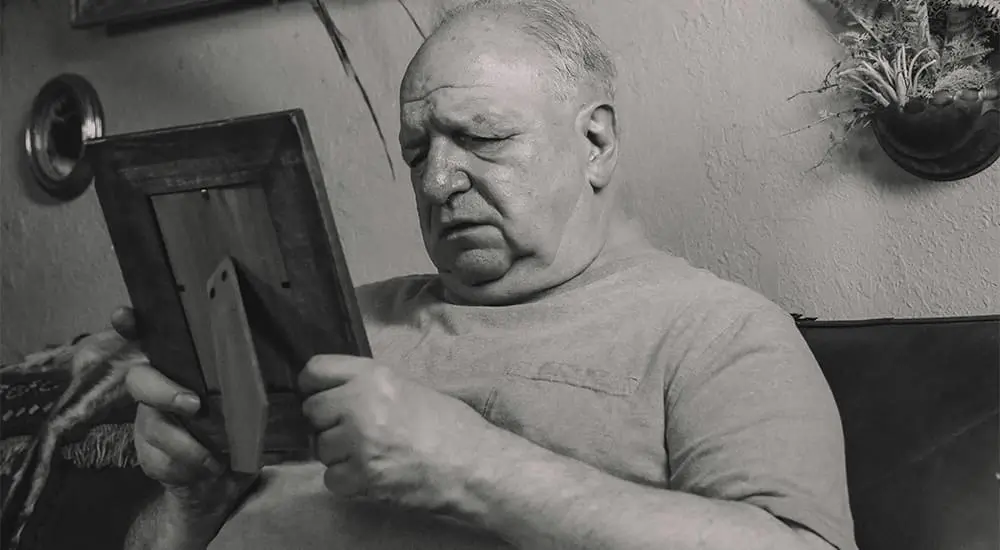
What Is a Court-Appointed Guardian for a Parent With Dementia?
A court-appointed guardian for a parent with dementia is a person appointed by a court to make decisions on behalf of a parent who is deemed incapacitated due to dementia. The guardian is responsible for making decisions regarding the parent’s personal, health, and financial matters.
The specific legal definition may vary by state, but generally, it is outlined in state statutes governing guardianship and conservatorship. For example, in California, the Probate Code defines a guardian as “a person who has qualified as a guardian of the person, estate, or both.” The specifics of the definition and the process for appointing a guardian can vary significantly from state to state.
The duties and responsibilities of a court-appointed guardian vary depending on the specific circumstances of the case and the court’s order. Generally, a guardian is responsible for making decisions regarding the care and well-being of the individual, including medical treatment, living arrangements, and financial matters. The guardian must act in the best interest of the individual and comply with any court orders or directives.
For example, in New York, the duties and responsibilities of a court-appointed guardian for a parent with dementia are outlined in the Mental Hygiene Law. The guardian’s duties include ensuring the parent’s personal needs, such as food, clothing, and shelter; making decisions about the parent’s health care, including medical treatments and living arrangements; managing the parent’s finances, including paying bills and managing assets; and acting as the parent’s legal representative in legal matters.
For example, a court-appointed guardian for a parent with dementia may make decisions about the parent’s medical care, including which treatments to pursue and which doctors to see. The guardian may also make decisions about the parent’s living arrangements, such as whether they should remain in their own home or move to a care facility. Additionally, the guardian may manage the parent’s finances, including paying bills and managing investments.
Legal Steps to Establishing Guardianship for an Elderly Parent With Dementia
Assessing a dementia patient’s mental capacity and competence involves a comprehensive evaluation by a healthcare professional, such as a doctor or psychologist. This evaluation assesses the individual’s ability to understand and make decisions about their health, safety, and welfare. The assessment may include interviews, cognitive tests, and a review of medical records.
For instance, in Texas, the process of determining a dementia patient’s mental capacity and competence for guardianship cases entails several steps: a medical evaluation, if the court so orders; a functional assessment, such as certain speech therapy memory activities for adults; and the court may appoint a guardian ad litem or attorney ad litem.
Medical documentation, such as a physician’s certificate or doctor’s letter, is often required to prove the need for guardianship. This documentation should provide details about the individual’s diagnosis of dementia, their current mental capacity, and their ability to make decisions.
Meeting with an attorney is crucial in determining the type of guardianship suitable for the individual case. An attorney can provide legal advice, help prepare the necessary documents, and represent the petitioner in court. They can also ensure that the guardianship process complies with state laws and regulations.
Healthcare providers can provide insights into the individual’s capacity to make decisions and their care needs, which can help guide the court’s decision-making process. Collaboration between healthcare providers and legal professionals is essential to ensuring that the best interests of individuals with dementia are upheld. Healthcare providers can provide expert opinions and medical evidence to support the need for guardianship, while legal professionals can navigate the complex legal process and ensure that the individual’s rights are protected.

Enhance your brain performance through the power of light.
Comfortable and easy to use 40Hz light therapy to support and improve your brain function.
View Our LightFiling and Serving the Application for Guardianship
To initiate the guardianship process, the petitioner must complete and file an application with the probate court in the county where the individual resides. The application typically includes information about the petitioner, the proposed ward, and the reasons for seeking guardianship.
After filing the application, the proposed ward and specified relatives must be served with notice of the guardianship proceeding. This ensures that all interested parties are aware of the proceedings and have an opportunity to participate.
Attending the Guardianship Hearing
Preparing for the guardianship hearing involves reviewing the application, gathering any additional evidence or documentation, and preparing to present your case before the court. The possible outcomes of the guardianship hearing include the appointment of a guardian, the denial of the petition, or the appointment of a temporary guardian pending further evaluation. Depending on the outcome, further steps may be necessary to establish and maintain the guardianship.
How to Prepare the Guardianship Petition Process?
Gathering necessary documentation for a guardianship petition includes medical records, assessments of the individual’s mental capacity, and any other relevant documents to support the petition.
The timeline and steps involved in filing and processing a guardianship petition vary by state. Generally, the process includes preparing the petition, filing it with the court, serving notice to interested parties, and attending a hearing to determine guardianship.
During the preparation phase, it is important to gather all necessary documentation, understand the legal requirements for guardianship, and consult with an attorney to ensure you are prepared for each step of the process.
How to Obtain Emergency Guardianship for Elderly Parents?
In cases where immediate action is needed to protect the health, safety, or welfare of an elderly parent with dementia, it may be necessary to seek emergency guardianship. This process typically involves filing a petition with the court and demonstrating the need for immediate intervention.
In contested cases where family members are unable to agree on a guardian, the court may appoint a professional guardian to act on behalf of the individual with dementia. It is important to understand the implications of having a professional guardian appointed and to be prepared to work with them in the best interest of the individual.
Learn What Others Have Experienced with EVY Light
See how others have achieved a sharper mind by activating their gamma brainwaves in combination with maintaining a healthy lifestyle.
Frequently Asked Questions About How to Get Guardianship of a Parent With Dementia
How to Get Guardianship of a Parent With Dementia?
What Is a Court-Appointed Guardian for a Parent With Dementia?
A court-appointed guardian for a parent with dementia is a person appointed by a court to make decisions on behalf of a parent who is deemed incapacitated due to dementia. The guardian is responsible for making decisions regarding the parent’s personal, health, and financial matters.









